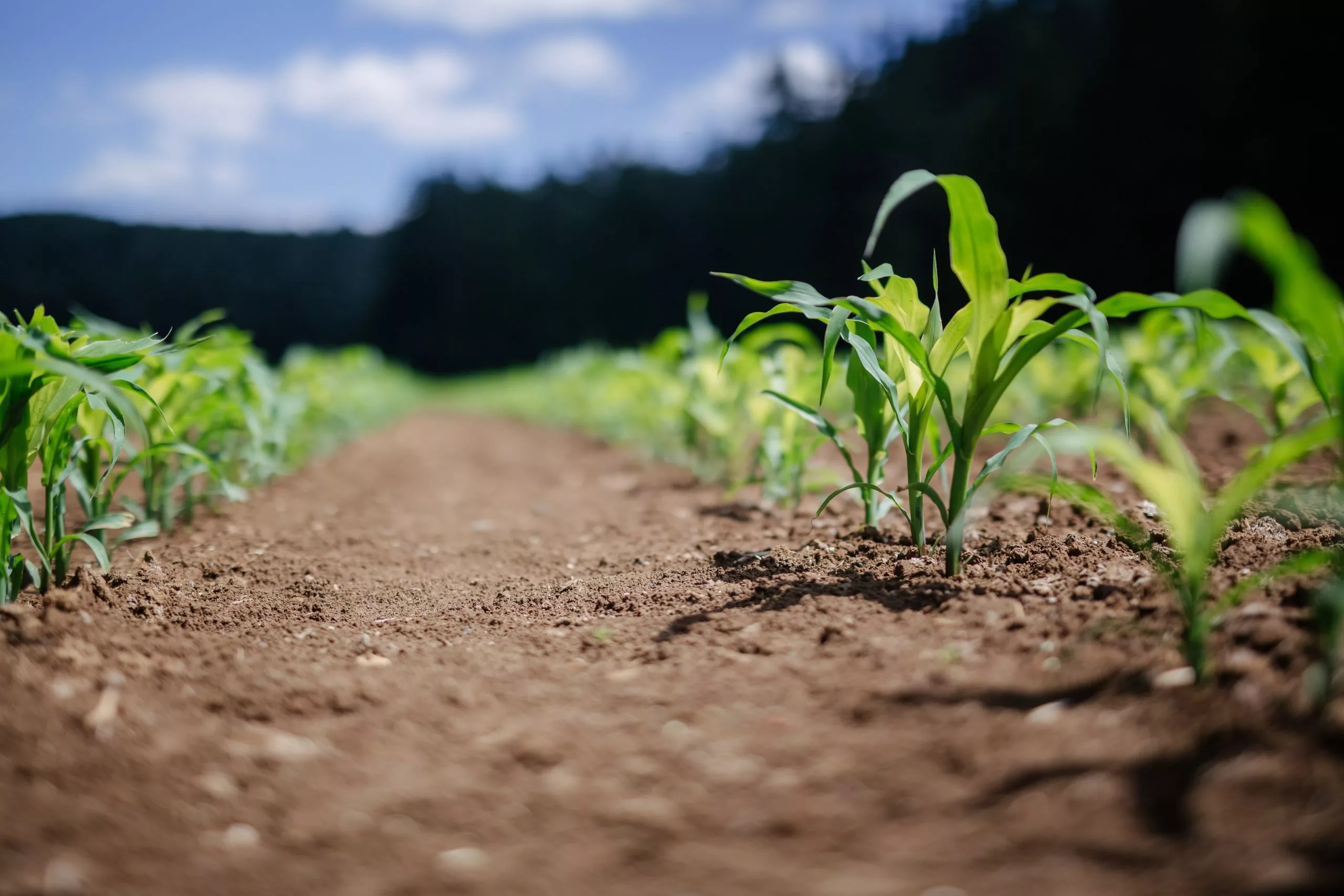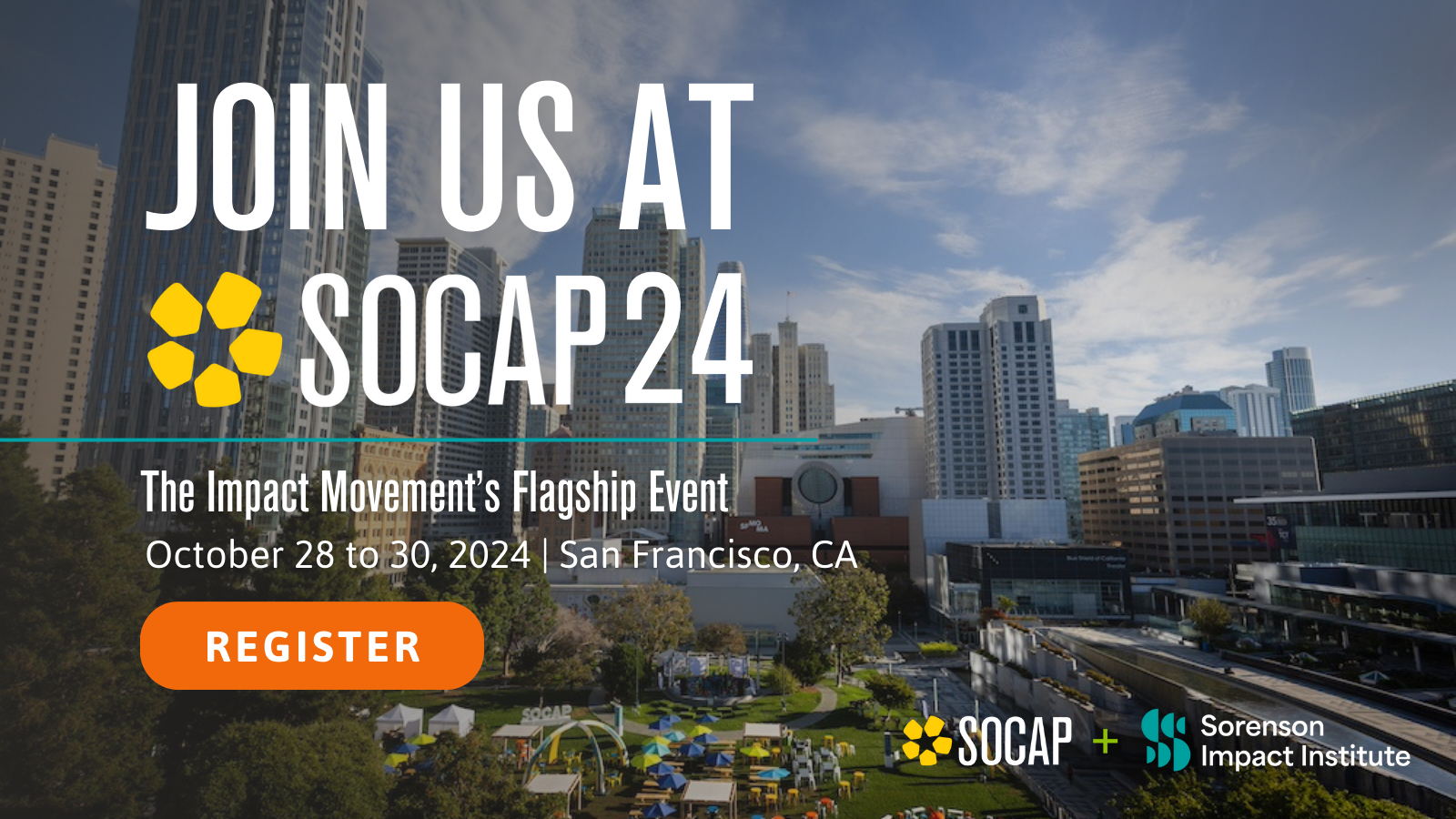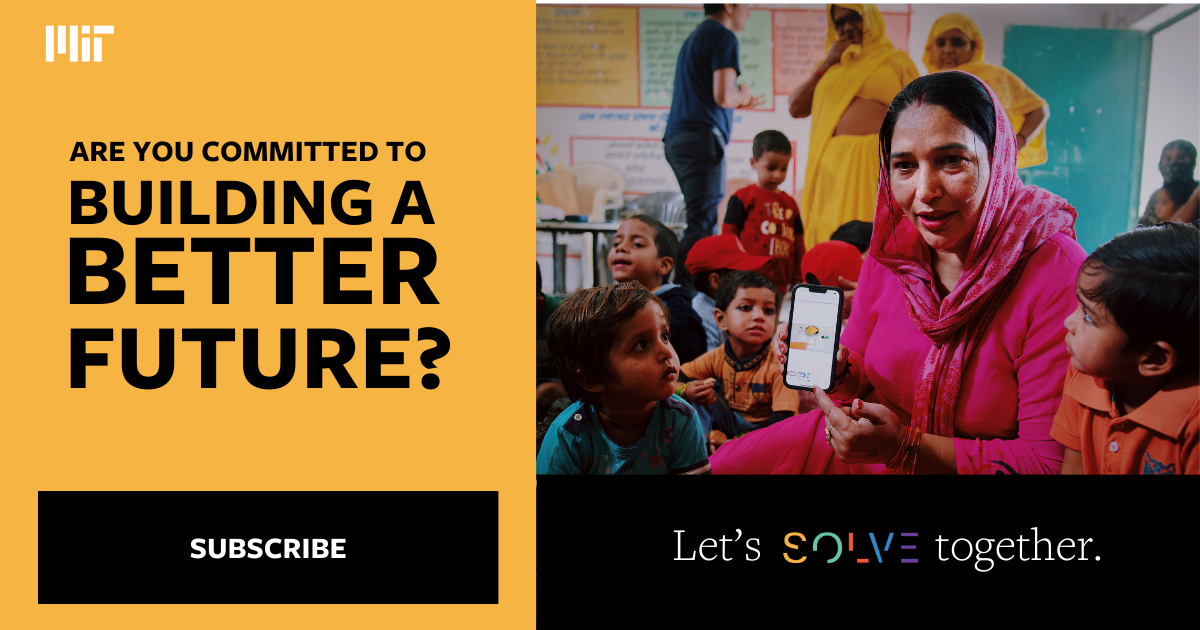ReFED Report Highlights Connection Between Food Waste and Climate Action, and the Steps We Need to Take to Address Both
When it comes to solving intractable global problems, the efforts of philanthropy, impact investing, or business solutions alone won’t be successful. We’ll need cross-sector approaches that include innovative collaborations—like the roadmap laid out by ReFED on how to tackle food waste. ReFED, a coalition of more than 30 business, nonprofit, foundation, and government leaders, is developing solutions to turn food waste prevention, recovery, and recycling into untapped, data-driven opportunities to create jobs, alleviate hunger, and protect the environment — all while stimulating a new multibillion-dollar market opportunity.
According to a report by ReFED titled A Roadmap to Reduce U.S. Food Waste, “The magnitude of the food waste problem is difficult to comprehend. The U.S. spends $218 billion a year — 1.3% of GDP — growing, processing, transporting, and disposing of food that is never eaten. The causes of food waste are diverse, ranging from crops that never get harvested, to food left on overfilled plates, to near-expired milk and stale bread.”
The authors of the report share how climate change and resource utilization are closely linked — that people who are hungry and devote their energy to survival are not able to put energy into making climate-conscious choices. “Food is one of the most important resources in that equation,” the report says. “This puts food waste squarely at the center of many global challenges. Reducing food waste would have a game-changing impact on natural resources depletion and degradation, food insecurity, national security, and climate change.”
With Earth’s human population expected to top 9 billion by 2050, feeding everyone has sparked a major call for increased industrialization of agriculture and other solutions that may or may not have a positive environmental footprint. The report’s authors explain that, currently, 40% of the food produced around the world is wasted, indicating there is a potential to address the food waste problem before increasing production. With one in seven people in the U.S. alone estimated to be food insecure, improved distribution also plays a role in resolving food waste and hunger issues. Solving food waste is not only a means of taking climate action—it is a social justice issue as well.
Funding and Investing Solutions for Solving Food Waste
This cross-sectoral problem requires a cross-sectoral solution that includes foundations, nonprofits, and investors among other actors. As ReFED’s report says: “Overall the Roadmap will require nearly $18 billion of new investment over a decade, amounting to less than a tenth of a penny for every pound of food waste diverted from landfill. To unlock this financing, $100 to $200 million of catalytic financing is needed annually to overcome bottlenecks through flexible grants, impact investments, and low-cost project finance. The Roadmap shows how we can take steps today to cut food waste by 20%, putting the U.S. on a path to achieve the broader national target of a 50% reduction by 2030.”
The report includes the following specific suggestions for foundations, nonprofits, and investors:
- Foundations and Nonprofits: Support major Consumer Education Campaigns, build multistakeholder efforts for Standardized Date Labeling and employee education on best practices, and fund food donation and recycling infrastructure.
- Investors: Provide dedicated funds that offer flexible project finance for Centralized Compost and AD facilities, as well as early stage and growth equity to scale emerging innovations.
The full report, available free online from ReFED, provides in-depth information on how multiple sectors, including the impact investing community, can work together on solving food waste. It serves as a call to action that also creates incentives for innovators to launch new products, services, businesses, and investment models to take climate action, address food insecurity, and address a large portion of the global food waste problem.





